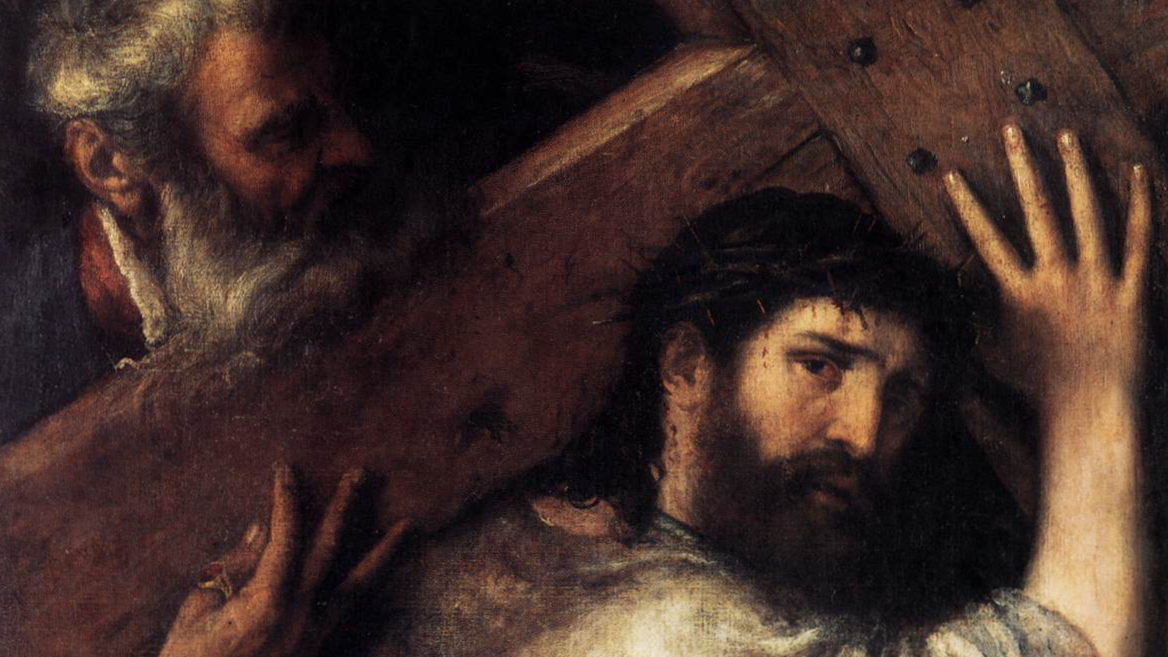Chances are you’ve not heard of the black actress Nichelle Nichols—but if you’re a Star Trek fan, you’re certainly familiar with her character. She played Lieutenant Uhara in the original TV series, and was one of the first black women regularly featured on a weekly TV show. As the communications officer on the starship Enterprise, she was usually on the bridge with the other main characters—a big step forward in racial equality back in 1967. However, this sort of breakthrough wasn’t easy for her. Some studio executives didn’t like her because of her race, and tried to cut her lines and reduce her role as much as possible; for a while they even withheld her huge amount of fan mail. As a result, Nichelle seriously considered quitting after the first season—but at a fundraiser she met the important civil rights leader Dr. Martin Luther King Jr., who happened to be a big fan of her Star Trek character. He urged her not to leave the show, because she was a significant role model for millions of black girls and young women. Nichelle later said, “It humbled my heart, and I couldn’t leave. God had charged me with something more important than my own career.” She not only went on to become a fixture on Star Trek; she also influenced NASA—the space agency—to start hiring blacks and women for their astronaut corps (William J. Bausch, Once Upon a Gospel, pp. 496-497).
Jesus says we must take up our cross each day and follow after Him—for in this way we will bear witness to the Gospel and quite possibly serve as a role model, influencing other people. Doing this might involve something glamorous, like being part of a hit TV series, or something historic, like being a leader in the civil rights movement or another campaign for justice and equality. More likely carrying our personal cross will mean faithfully fulfilling our daily duties and spiritual responsibilities, while remaining largely unknown in the world. Whatever our particular calling may be, however, it is our unique, God-given opportunity to make a real difference while preparing ourselves for eternity.
Most Christians—including us as Catholics—don’t give enough attention to what it means to having been baptized, or to how this should make a real difference in our lives. As St. Paul says, we must “think of ourselves as dead to sin and living for God in Christ Jesus.” This means, among other things, trying to know and do God’s will, instead of our own, showing respect and compassion to everyone in Christ’s Name, and trying to live by the values Jesus teachers, not those of the world. This idea is developed in the Gospel, in which Our Lord specifically states that we must take up our cross and follow after Him. Living in such a manner requires us to love Jesus even more than our families and friends, surrender ourselves entirely into His hands, and use our opportunities to show kindness and consideration to all the people around us, without exception—even if it’s nothing more than giving a cup of cold water to a thirsty person. All of these instances demonstrate that we are trying to be dead to sin and alive for God.
The great 16th century sculptor and painter Michelangelo would sometimes be so weary after a long day of hard work that he would get into bed without undressing—especially during his physically grueling work on the ceiling of the Sistine Chapel in the Vatican. As soon as he awakened, he would get up while it was still dark and resume his work, wearing a hat specially designed to hold a candle, so that light might fall upon the particular image or figure he was painting. Michelangelo never married, for he said that his art was his wife, and his artistic works were his children. When some criticized his solitary, celibate lifestyle, he responded, “Art is very jealous; she requires the whole and entire man” (Msgr. Arthur Tonne, Stories for Sermons, Vol. 8, #59).
This is a great example of wholeheartedness. Michelangelo achieved greatness not only because of his immense artistic talent, but also because of his unwavering dedication and hard work. It’s unlikely any of us will ever be as famous or celebrated as this great Renaissance artist, but all of us are called to show a similar degree of commitment to following Jesus Christ. He must truly be first in our hearts; we must be literally willing to live, and if necessary, die for Him. This is not a popular concept in today’s world. Not only do many influential people consider Catholicism hopelessly outdated and narrow-minded, and look upon Christians in general as unenlightened, naïve, and even fanatical; for such persons, the very ideas of a lifelong commitment, and a willingness to make sacrifices while following a strict moral code, call forth disbelief, laughter, and incomprehension, and are treated with scorn and derision. However, Jesus clearly teaches that “whoever finds his life will lose it, and whoever loses his life will find it.” In other words, if we “find ourselves” by fulfilling our desires and getting caught up in the preoccupations and pleasures of this world, we will spiritually poison or betray ourselves, and throw away our chance for eternal happiness. If instead we “lose our lives” by taming our passions and surrendering ourselves to the will of God, we will find a true and lasting peace and spiritual freedom this world cannot understand or appreciate—while meriting for ourselves a heavenly reward that will not wither or pass away.
During our earthly lives, each one of us has a cross to carry and a mission to fulfill. Maybe we’re called to serve as a role model for others, as was the case with Nichelle Nichols, whose Star Trek character Lieutenant Uhara was a positive influence in helping change society by inspiring millions of viewers. Perhaps we’re called to be part of a great crusade against hatred and injustice, as was the case with Dr. Martin Luther King Jr., who—in spite of some serious personal moral failings—proclaimed the Gospel with courage and conviction. It’s possible we’re called to use our God-given talents and abilities to make this world a better and more beautiful place, as Michelangelo did almost 500 years ago. Even if our mission in life is much more simple and humble, it is still important—because the Lord has assigned it uniquely and personally to each one of us. Baptism has given us a noble and royal identity as children of God, along with a sacred calling as His servants and witnesses in the world. The more we are true to God, the more we will be true to ourselves, and the more committed we are to fulfilling our mission on earth, the more we become ready for the eternal joys of Heaven.








